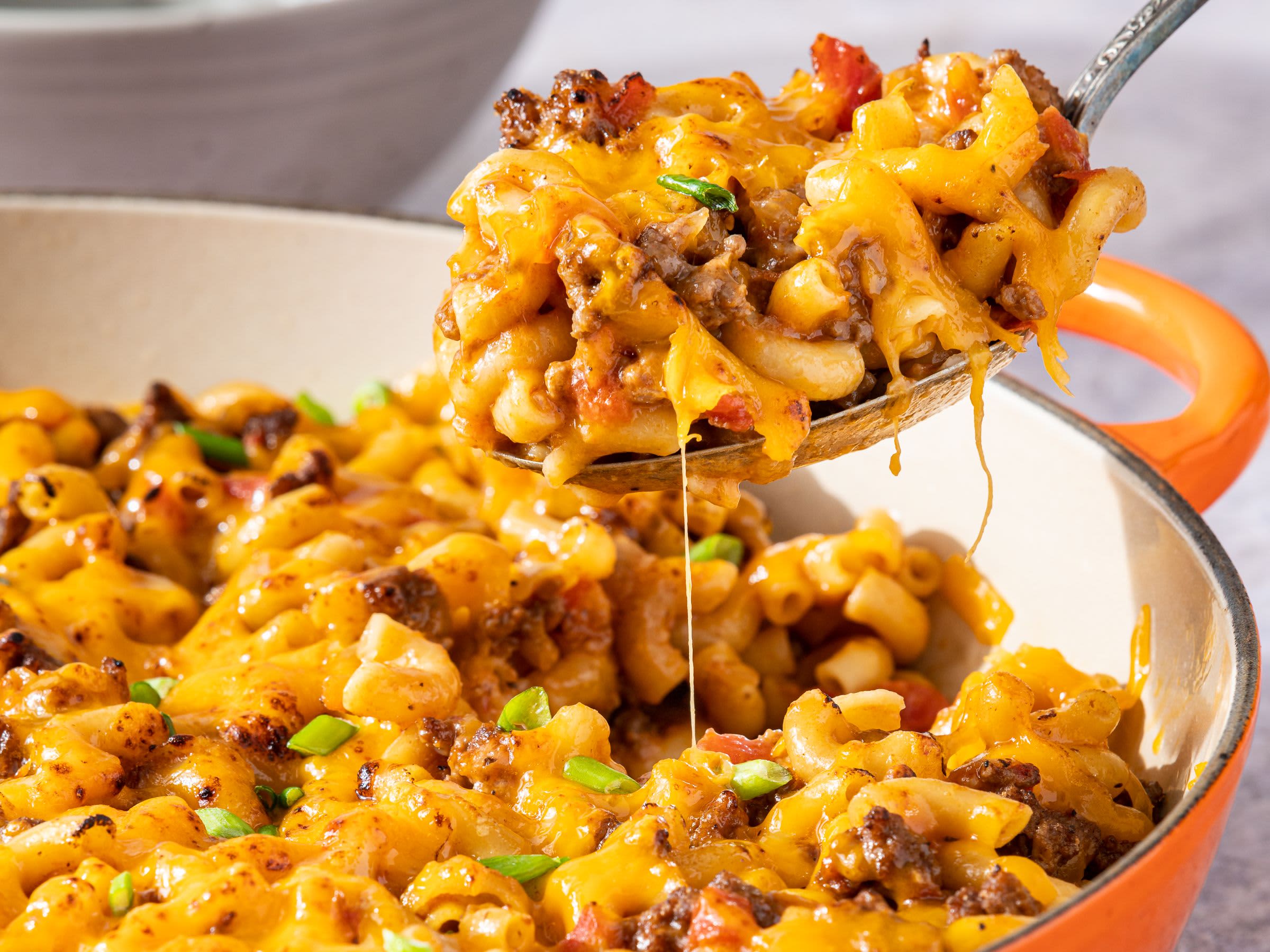One of the major misconceptions about Indian food is that it’s all oily, belly fat producing curries that are not a good choice for a healthy diet. However, when it comes to cuisine, there are few countries in the world that offer the diversity that makes up Indian food. From one region to the next, there is a lot of variety in dishes and while some areas serve predominantly vegetarian foods another may focus on seafood. As such, there are a wide range of meal options that fit well with any kind of diet. Food lovers and health conscious eaters alike can find amazing Indian foods that satisfy their hunger and their dietary needs.
Increasingly, Indian food is becoming popular in the West as it combines rich, spicy flavour profiles with an impressive combination of ingredients. Many Indian dishes feature a variety of vegetables, whole grains, lentils and legumes which are always great choices for healthy diets. They even include herbs and spices that have medicinal value and therefore added health benefits. Nevertheless, the health value in Indian dishes will depend significantly on how they are cooked. Steamed or boiled dishes are a better choice, while fried options that utilize ghee or other oils are a less healthy choice.
When it comes to which types of food are the healthiest choice in Indian cuisine, you should consider the old adage “you are what you eat.” Vegetarian dishes contribute to a healthy lifestyle, but desserts are also common in Indian cuisine and should be limited if you’re looking to reduce your caloric intake. Fortunately, many Indian dishes include a range of spices so you can still enjoy rich, delicious meals that are low in fat and calories. Moreover, all the spices used in Indian cuisine provide some nutritional and medicinal value. Turmeric, ginger, garlic, and green chilies are just a few examples of spices that provide medicinal and healing properties.
Another health benefit of traditional Indian cooking is the use of diverse and fresh ingredients. These foods (especially when home-cooked) are free of preservatives and relatively low in sodium. Moreover, a typical Indian meal includes all the main food groups so you’ll have an excellent source of carbohydrates, proteins, fats, and fibre. Generally, well-balanced meals help you feel satiated while providing all the nutrients you need to maintain a healthy lifestyle.
Still, if your plan is to incorporate Indian food from restaurants into your diet, you should be careful. Most restaurant food (regardless of the regional cuisine) is high in salt and fat, so probably not the best option. Still, cooking delicious, healthy Indian meals at home is a great way to improve your diet while still enjoying flavour-rich foods.






